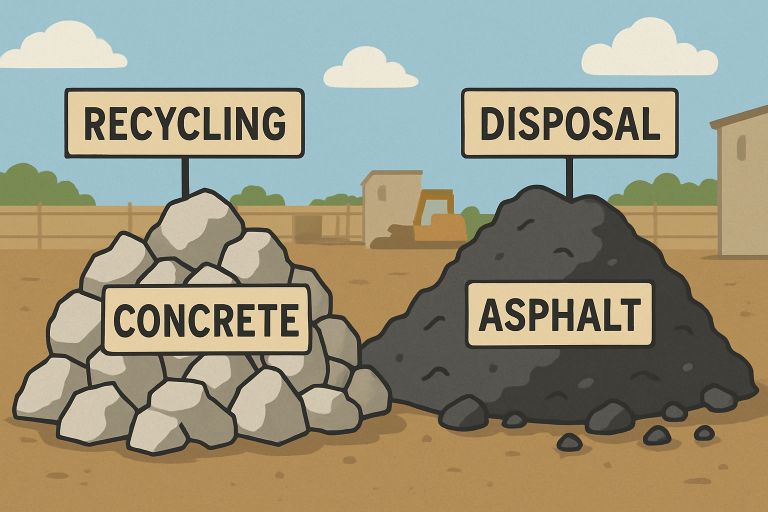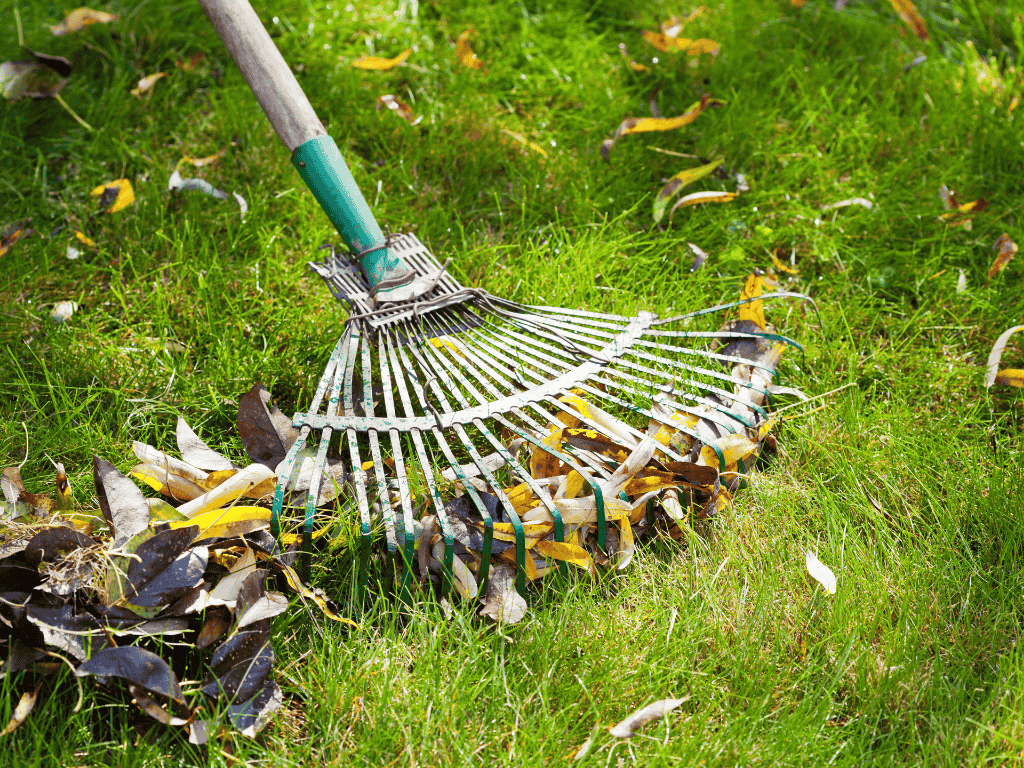How to Prepare Your Home for Hurricane Season
Key Takeaways:
- Understanding the importance of hurricane preparedness can save lives and property.
- Simple steps like securing windows and doors can significantly reduce damage.
- Having an emergency kit and a communication plan in place is crucial.
- Awareness of evacuation routes and local emergency contacts can make a huge difference.
Securing Your Windows and Doors
One of the first steps in hurricane preparedness is ensuring your windows and doors are secure. During a hurricane, strong winds can easily break windows, transforming shattered glass into potentially deadly projectiles. Utilize storm shutters or plywood to protect your windows and reduce the possibility of damage. Strengthen doors with strong bolts and hurricane straps to increase their resistance to strong winds and pressure. Implementing these measures can greatly lessen the chance of harm and damage to property. By fortifying your home’s entry points, you’re not only ensuring the structural integrity of your dwelling but also significantly enhancing the safety of your loved ones.
Clearing Your Yard
Proper yard maintenance is another essential step in hurricane preparedness. Loose objects left in your yard, such as patio furniture, garden tools, and children’s toys, can become dangerous projectiles when lifted by powerful gusts of wind. These items can cause significant damage to windows, doors, and even people. To prevent this, store all outdoor items securely before the storm hits. Additionally, trim trees and shrubs around your property to minimize the number of loose branches that could break off and cause damage. Trees with weak root systems can be uprooted by strong winds, potentially causing even more destruction. Proper yard maintenance helps protect your property and reduces hazards for your entire neighborhood.
Creating an Emergency Kit
A comprehensive emergency kit is crucial for surviving the aftermath of a hurricane. Your kit should include enough non-perishable food and water to last at least three days for each family member. Remember to include items catering to special dietary needs or allergies. Ensure you have a supply of first aid items for treating small injuries and keep your prescription medications easily accessible. Ensure you have flashlights, extra batteries for lighting during power outages, and a manual can opener for accessing canned goods. Personal hygiene items like soap, toothpaste, and sanitary products should also be part of your kit. Place important documents like birth certificates, insurance policies, and medical records in a waterproof container to protect them from water damage.
Establishing a Communication Plan
Effective communication can make a significant difference during a hurricane. Develop a family communication plan that includes multiple ways to stay in touch and designated meeting points in case you get separated. Ensure every family member understands the plan and knows essential contact numbers by heart or has them stored in their mobile phones. Having a list of emergency contacts, including local authorities, hospitals, and family members not in the hurricane zone, is also a good idea. Mobile phone networks can become unreliable during disasters, so consider having battery-powered or hand-cranked radios to receive updates. The Red Cross offers detailed tips on creating an effective communication plan, which can be a lifesaver during stressful situations.
Knowing Your Evacuation Routes
Evacuation may become necessary during a severe hurricane, especially if you live in a low-lying or flood-prone area. Familiarize yourself with local evacuation routes and shelters well before the storm approaches. A handy map can be convenient, especially if GPS services become unavailable—plan for multiple routes in case of road closures or heavy traffic. Keep your vehicle’s gas tank full and maintain a small emergency kit in your car, including items like water, non-perishable snacks, and a first aid kit. Stay current by listening to local news for the most recent evacuation orders and safety guidelines. Always heed the advice of local authorities, as they have the most accurate information about the storm’s path and potential hazards.
Emergency Contacts and Alerts
In times of emergency, having quick access to important contact information can be crucial. Make sure to have a list of emergency numbers saved on your phone and written down in your emergency bag. This list should include local emergency services, hospitals, and family members who live outside the hurricane-prone area. Additionally, signing up for local emergency alerts can provide timely information about the storm’s progress, evacuation orders, and shelter locations. Many local governments offer automated alert systems that send text messages or emails with real-time updates. These alerts can make all the difference in staying informed and making timely decisions that keep your family safe.
Safeguarding Important Documents
Essential documents like insurance policies, medical records, and identification should be stored in a waterproof and fireproof container. Keeping these documents during a hurricane can complicate recovery efforts and make releasing or filing insurance claims difficult. Alternatively, digitize these documents and save them on a USB drive or cloud storage for easy access and backup. Ensure all family members know where these documents are stored and how to access them. This preparation will facilitate interactions with insurance companies, government agencies, and other organizations you may need to contact after the storm, helping speed up recovery.
Reviewing Your Insurance Coverage
Before hurricane season begins, take the time to review your insurance policies to ensure you have adequate coverage for flood and wind damage. Many standard homeowners’ insurance policies do not cover flooding, so you may need to purchase separate flood insurance. Understand what each policy covers and identify any potential gaps in your coverage. Contact your insurance provider to make any necessary updates and to clarify the claims process. Being well-informed about your insurance coverage can save you significant stress and financial strain in a hurricane, allowing you to focus on what matters most—keeping your family safe and beginning the recovery process.














